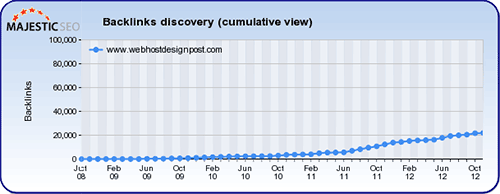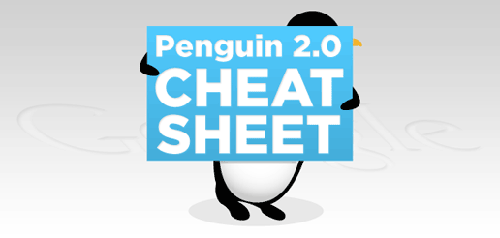There is a new Google algorithm label Penguin. There are a lot of people wondering what this could mean to how internet marketers do search engine optimization (SEO).
I have compiled of the best articles on the subject and have broken them down. From rumors, to launch, and final results. All coming from some of the best internet marketers.
What is Google Penguin?

This is a ranking algorithm update to target "spammy" or blackhat unethical backlinking. These methods could be buying links or obtaining them through a private network. These methods are used to manipulate their site's ranking in Google.
When these updates happen, internet marketers are trying to figure out what specifically has changed.
Google Penguin algorithm is now part of the primary core of their ranking calculations. Any penalty or recovery should be quicker to identify.
Before Penguin
Before Penguin rolled out Alex Becker at source-wave.com had some interesting points about what he thought would happen with Penguin.
He took the experience as a positive reinforcement towards his competition. He explains that if he can still rank a website after Penguin, then he could use that as a marketing tool to get more clients for his consulting services.
Penguin Launch
May 22nd is the official date when Penguin was rolled out. Matt Cutts the head of the Google's Webspam team confirmed this on his Twitter.

After this, Matt Burns at searchenginejournal.com wrote that it was time to PANIIIIIIC!!...(or not).
He had some interesting theories that he thought he would find in Penguin. His number one risk that he believes will get you a penalty on your site was tiered link building. These tactics mostly used by internet marketers using GSA and SeNuke X might be on the hit list from Google.
As you read more rumors you find some claiming that Google will take social media in more consideration for ranking. Having more Likes, Tweets and Plus' will help you reach the top. Of course, this is all still speculation.
Sites That Were Affected

Jayson DeMers also at searchenginejournal.com has an article for your roadmap to recovery. He has a 4 step plan to help you recover if your site was affected by the update.
- Relax, don't panic everything is always repairable in the SEO world.
- Start thinking of long term and not short term. Yes we want traffic now. Write quantity content and gaining reputation could be the best way to guard your website from any future updates.
- Don't use SEO agencies or services that "I could build 2,000 links in two weeks" or 99% of the SEO services on Fiverr.
- Backlink audit: download all your backlinks and start using Google's disavow too. Make requests to start cleaning your backlink portfolio. Anything that looks like spam, kill it.
After Penguin
If you're worried about backlinking after the new update, just keep a few things in mind. Michael Garrity over at websitemagazine.com has posted about post-penguin.
He stated that trust and authority is now more important than ever and you need to rethink who you are linking with.
Always watch your on-page optimization. Having too many of your main keywords on your page can hurt you more than it can help you.
Make sure your site is crawlable to the max!
Cheat Sheet

For those you don't like to read long articles and just want an easy way to sum up the new update. You can head over to found.co.uk and check out Emily White's cheat sheet.
She has put together 5 quick questions that you can answer about your site to see if you made the list. It will ask you multiple questions about what type of content you're posting and how you are doing your backlink campaign.
Case Studies
There are been studies on Penguin to find common factors that are affecting sites. Linkreasrchtools.com has a study with cheapoair.com to see what they could find.
What they believe they found is these factors may give you a Penguin penalty.
- Too many exact match anchor text density.
- Too many links from de-indexed websites.
- Too many links from malware infected websites.
As you can see most of their thoughts were strictly external backlinking. As this is the most common factor with the sites that lost ranking positions.
With these different studies, there is enough data to create our own backlinking strategy. Continue building your backlink portfolio the correct way and never worry about it again.
 WebHostDesignPost
WebHostDesignPost

What Do You Think?